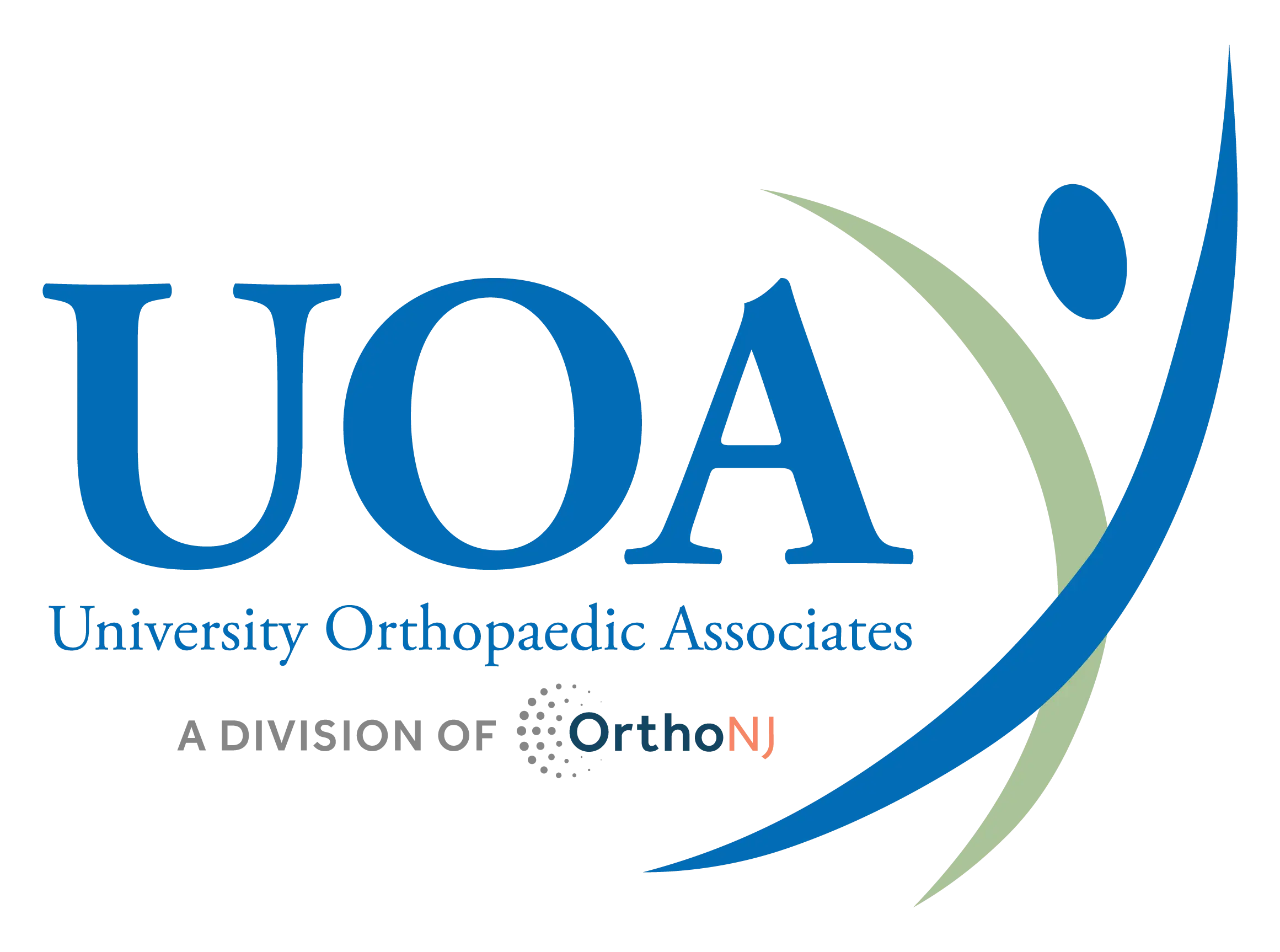Interventional physiatry and pain management is about helping you feel your best.
If you are experiencing acute or chronic pain, our Interventional Physiatry and Pain Management team can help. Dr. Robert Pannullo, Dr. Pavli Demian and Dr. Tony George, UOA’s interventional physiatrists, are the experts in diagnosing and treating conditions of the musculoskeletal system. They are wholly focused on nonsurgical interventions, ranging from physical therapy to various medical injections.
Physiatry, also known as physical medicine and rehabilitation, is the medical specialty of treating a large variety of conditions and injuries to the spinal cord, nerves, bones, joints, ligaments, muscles and tendons. While physiatrists share treatment of the musculoskeletal system in common with orthopaedic surgeons, their emphasis is on diagnosis and non-operative treatments.
Interventional physiatry focuses on the diagnosis and non-operative treatment of musculoskeletal, neurologic and cardiovascular disease. A physiatrist can diagnose these conditions using a patient’s history, examination, imaging, musculoskeletal ultrasound and nerve conduction/electromyography (EMG). By getting to the root of what’s causing the pain, physiatrists can develop effective and specific treatment plans. On the other hand, pain management, in general, focuses on the care of both acute and chronic pain. It could be said that physiatrists are pain management physicians, but not all pain management physicians are physiatrists.
Our Interventional Physiatry and Pain Management department works closely with our orthopaedic surgeons. Our physiatry team creates an integrated, personalized treatment plan for each patient. Just as orthopaedic surgeons need to know when to operate and when not to, physiatrists and pain management physicians are experts at determining when a patient can benefit from an injection and when a different approach will likely be more effective.
We use cutting-edge electrodiagnositc techniques and tools to determine the cause and nature of your pain. Then, we employ a multidisciplinary approach to create a personalized treatment plan, prioritizing non-opioid therapies whenever possible. If opioids are necessary, our goal is to use them judiciously and with a clear plan for tapering, with the ultimate aim of empowering patients to manage their pain without long-term medication dependence. Our comprehensive treatment options may include corticosteroid injections, nerve blocks, physical therapy, and more.
At UOA, we function as a team. Our Interventional Physiatry and Pain Management physicians are fully integrated with our other sub-specialists, meaning you have access to UOA’s entire suite of services. And, you’ll never have to worry about whether your doctors are on the same page when it comes to your treatment. At UOA, our priority is you and your health.
Still have questions about interventional physiatry? We have the answers. See our blog on frequently asked questions about interventional physiatry.













